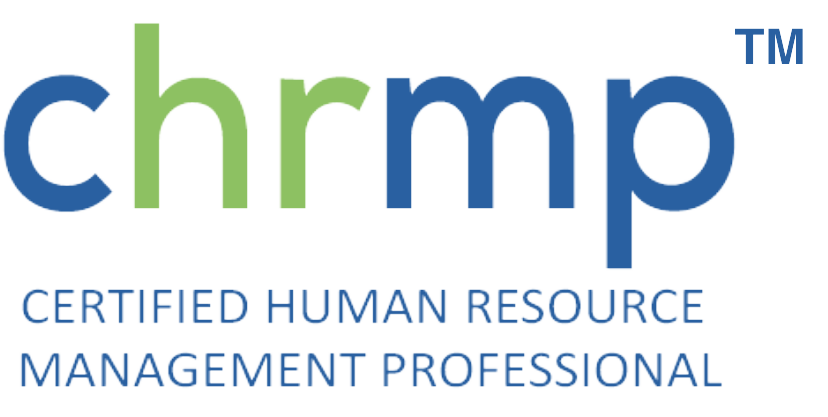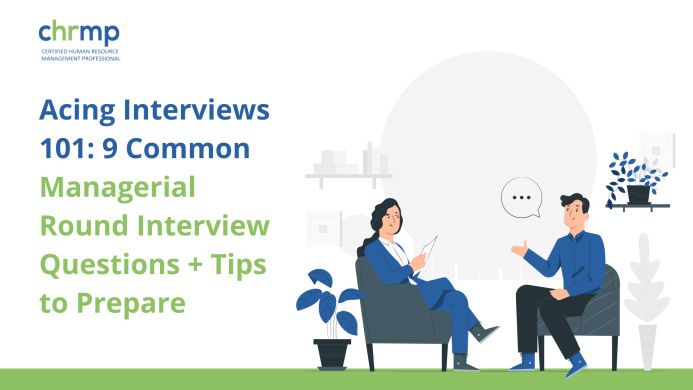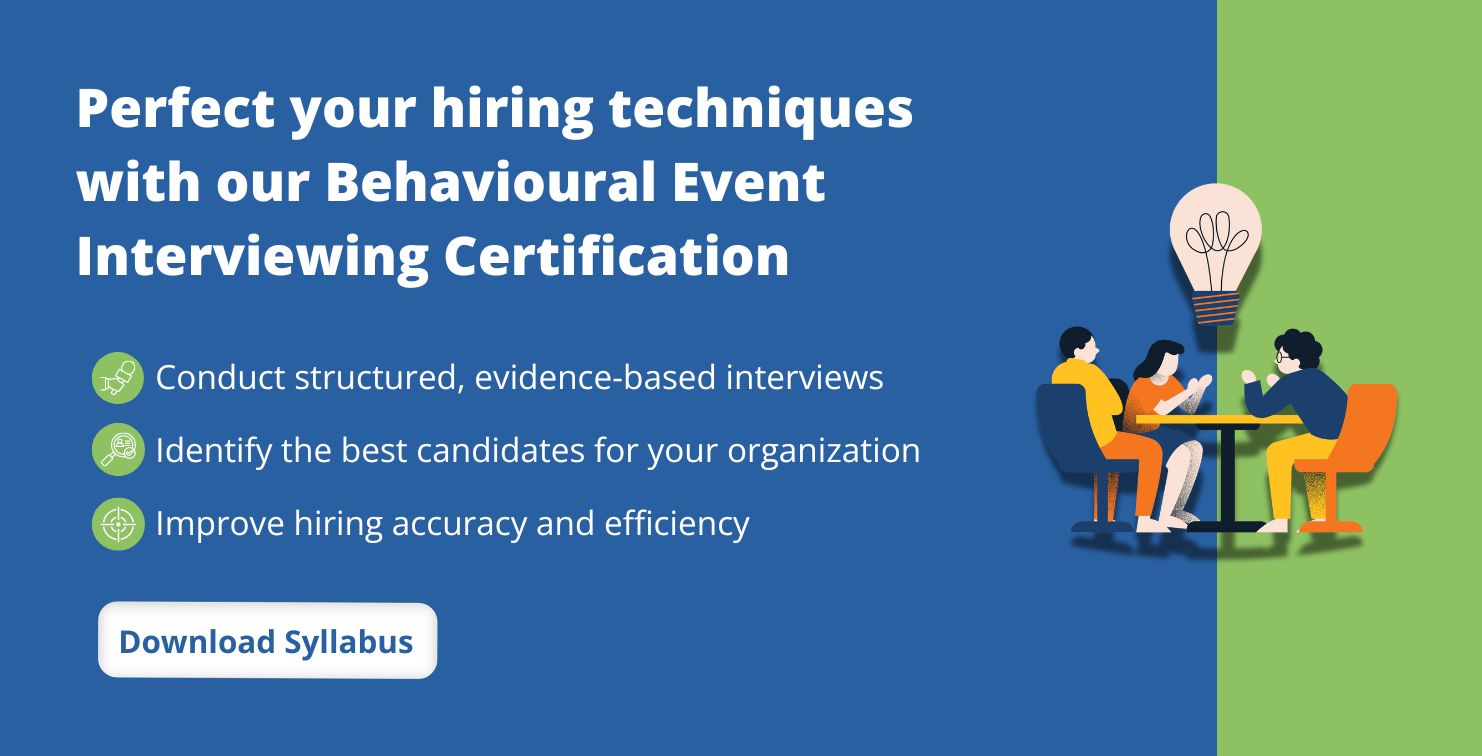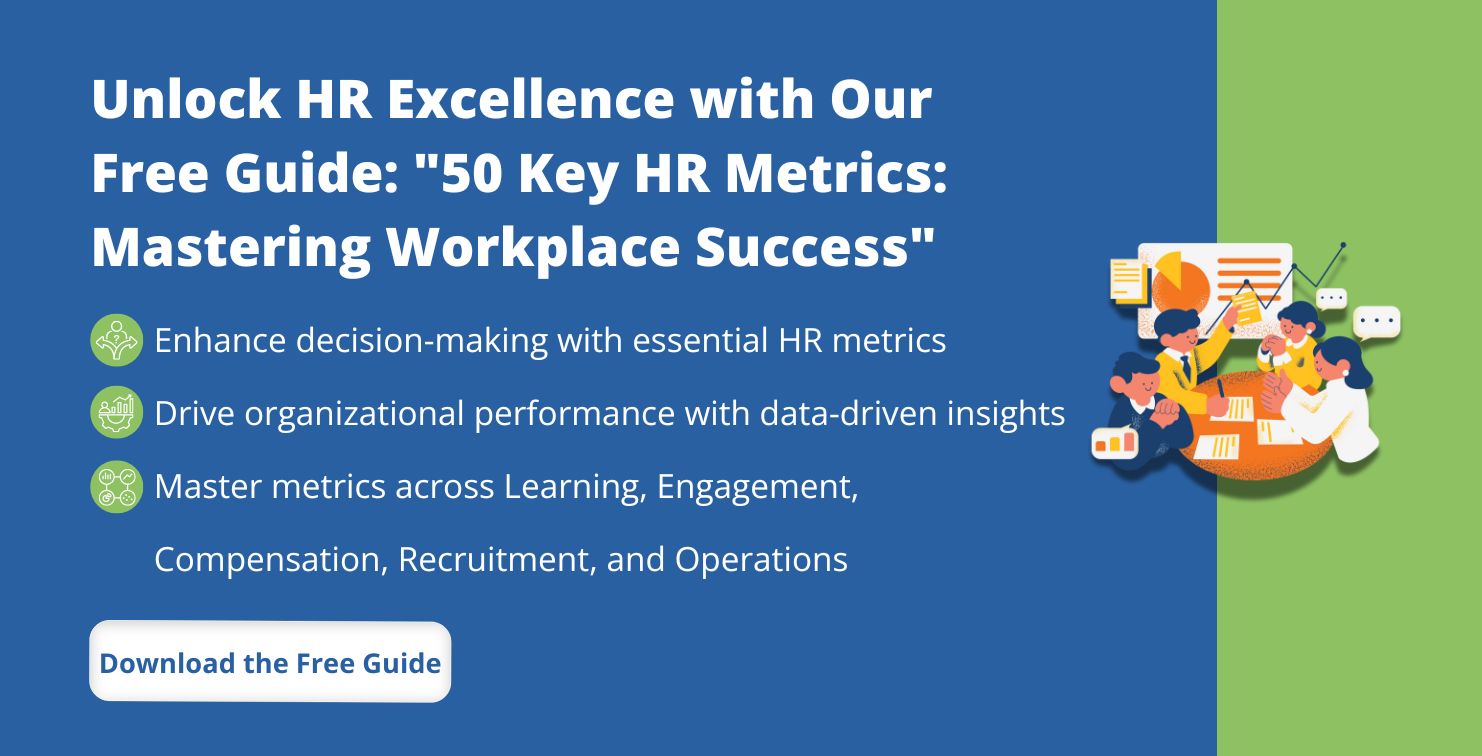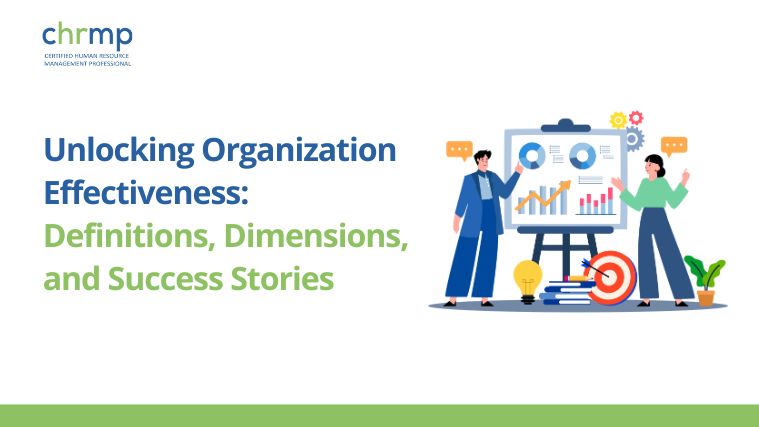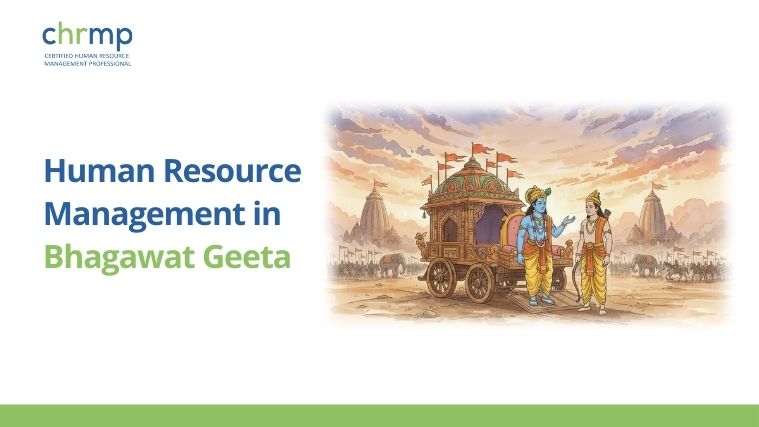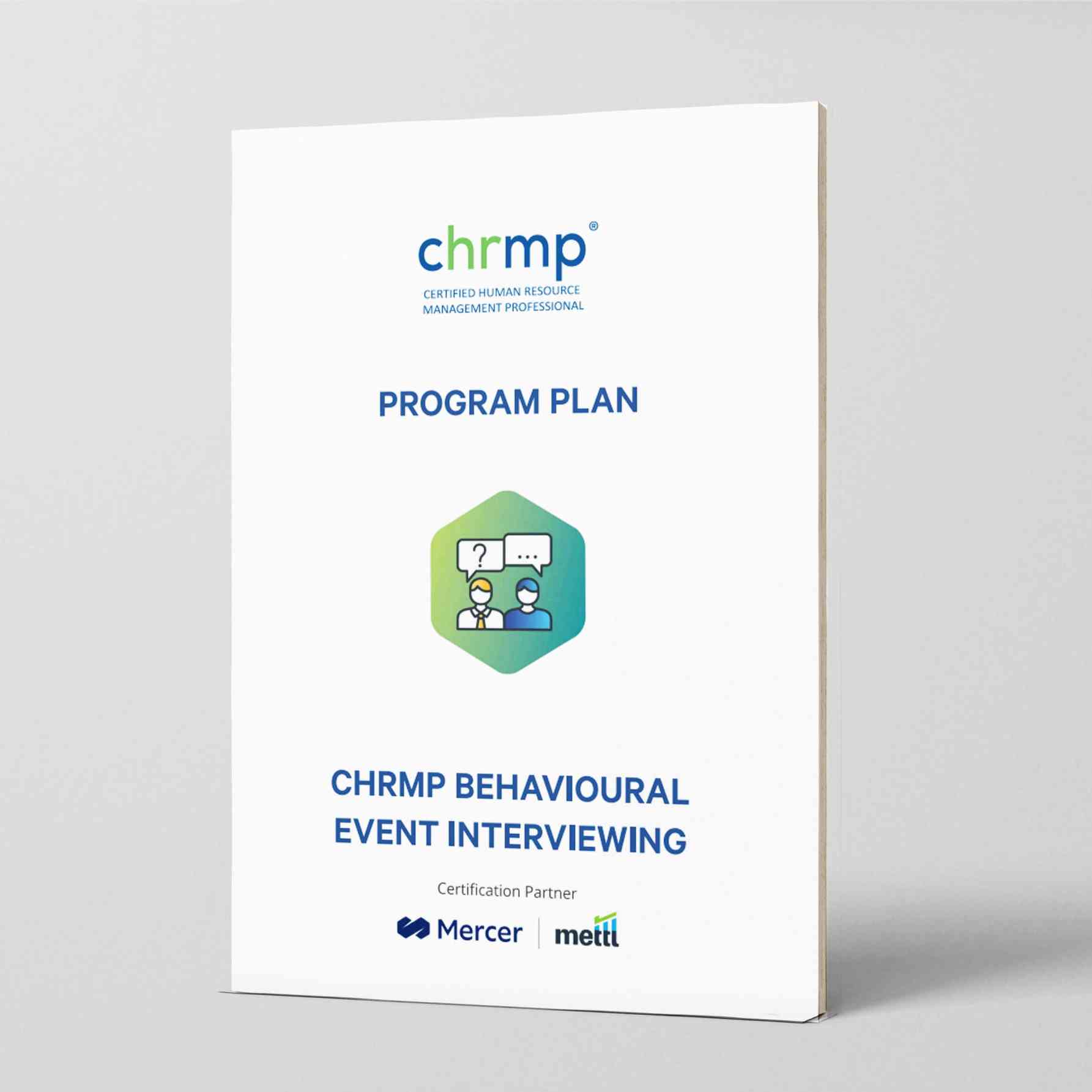The managerial round of an interview is a critical stage of the recruitment process and is the final hurdle between you and that dream job you’ve had your eyes on.
Managerial round interview questions are designed to assess your communication, leadership and problem-solving skills and evaluate whether you’d fit the company.
While a managerial round interview might seem daunting, with a little preparation beforehand, nothing stops you from acing it.
That being said, we’re here to help you do just that.
This blog will share the nine most commonly asked managerial round interview questions, what the interviewer hopes to assess through it, and some sample answers for inspiration.
We will also share some practical tips to prepare for a managerial round interview and some additional managerial round interview questions that might be come up.
So without further ado, let’s get started!
15 Common Managerial Round Interview Questions
The managerial round interview is a critical step in the recruitment process.
Managerial round interview questions are designed to gain insights into whether the candidate is a perfect fit for the vacant position in the company.
The main motive of managerial round interview questions questions is to assess the candidate’s leadership qualities and communication and problem-solving skills.
Here are the nine most commonly asked managerial round interview questions with sample answers to help you prepare for your interview:
1. Tell us about your management style.
Through this question, the interviewer wants to understand the way you approach the management of a team, how you motivate your team, and your style of communicating with your team members and gain insights into your approach to leadership.
Sample Answer:
“I believe in a collaborative management style where I work closely with my team to set goals and priorities. I provide guidance and support while empowering my team to take ownership of their work. I also value open communication and encourage my team to share their ideas and feedback regularly.”
2. How do you resolve conflicts among team members?
The interviewer wants to assess your problem-solving skills and understand how you generate effective solutions that are fair to everybody in the event of a conflict or a dispute.
Sample Answer:
“I approach conflicts in a calm and objective manner, seeking to understand the underlying issues and perspectives of all parties involved. I encourage open communication and facilitate constructive discussions to find mutually beneficial solutions. If needed, I am not afraid to make tough decisions to ensure the team is working collaboratively.”
3. What can you tell us about your methods of prioritizing and delegating tasks and responsibilities among team members?
The aim of this question is to assess your organisational skills and how you ensure the completion of tasks under a deadline by efficiently assigning priority to each task and delegating it.
Sample Answer:
“I prioritize tasks based on their urgency and importance, ensuring that the team is working towards the most critical goals. I delegate responsibilities to team members based on their strengths and expertise, providing guidance and support as needed. I also regularly check in with my team to ensure that everyone is on track and has the necessary resources to complete their tasks.”
4. Can you share an example of a time when you motivated your team to achieve a challenging goal?
Interviewers want to gauge your leadership skills and how you motivate your team to achieve results, especially in challenging situations.
Sample answer:
“In my previous role, we were faced with a tight deadline to launch a new product. I rallied my team by clearly outlining the goals and expectations and then providing the necessary resources and support to achieve the objectives. I also recognized the team’s hard work and dedication along the way, which motivated them to push even harder towards the finish line.”
5. How do you deal with underperforming team members?
Through this question, the interviewer wants to gain insights into how you deal with difficult conversations to manage underperformance.
Sample Answer:
“I believe in addressing underperformance early and directly, providing clear feedback and expectations for improvement. I work with the team member to develop an action plan to address the areas of improvement, providing guidance and support as needed. If the underperformance continues, I will escalate the issue to HR for further action.”
6. What parameters do you use to measure the success of your team?
Interviewers want to understand how you define and measure success and how you communicate progress and results to your team.
Sample Answer:
“I define success based on the team’s ability to achieve goals, deliver high-quality work, and maintain a positive and productive team environment. I measure success through regular progress reviews, tracking metrics, and gathering feedback from team members and stakeholders. I communicate progress and results regularly with the team, recognizing their achievements and providing feedback for improvement.”
7. Can you describe a time when you implemented a process improvement?
Interviewers want to assess your problem-solving skills and ability to identify and implement process improvements.
Sample answer:
“In my previous role, I noticed that our team was spending a lot of time manually processing invoices. I worked with our IT team to implement an automated system that streamlined the process, reducing the time spent on invoicing by 50%. This not only increased productivity but also improved accuracy and reduced errors.”
8. How do you update your knowledge of new industry trends and developments?
Interviewers want to understand how you approach professional development and continuous learning.
Sample answer:
“I stay up-to-date with industry trends and developments by regularly attending conferences, participating in industry associations, and reading relevant publications. I also encourage my team to share their insights and knowledge, and we regularly discuss and incorporate new trends and best practices into our work.”
9. Can you share an experience where you had to make a difficult decision?
Interviewers want to assess your decision-making skills and how you approach making tough choices in challenging situations.
Sample answer:
“In my previous role, we had to decide between two major projects with limited resources. After conducting a thorough analysis, I consulted with my team to gather their input and perspectives. Based on the information we gathered, I made a decision that balanced the priorities and goals of the organization with the capabilities and resources of the team.”
10. How do you handle difficult conversations with employees?
The interviewer wants to assess your ability to communicate effectively, especially in challenging situations.
Sample Answer:
“I approach difficult conversations with empathy and clarity. I ensure that the discussion remains solution-focused by addressing concerns directly, providing constructive feedback, and listening to the employee’s perspective. I maintain professionalism and offer support to help them improve. My goal is to create a positive and productive outcome from the conversation.”
11. How do you ensure accountability within your team?
The employer wants to understand how you hold team members responsible for their tasks.
Sample Answer:
“I establish clear expectations and goals for my team and ensure everyone understands their responsibilities. I promote open communication, set measurable milestones, and provide regular feedback. By fostering a culture of ownership and recognition, I ensure team members take responsibility for their work while feeling supported and motivated.”
12. Can you share a time when you had to manage a crisis at work?
The interviewer wants to assess your crisis management and decision-making skills under pressure.
Sample Answer:
“In my previous role, our biggest client requested an urgent project revision close to the deadline. I quickly assessed available resources, reassigned tasks, and collaborated closely with the team to meet the deadline without compromising quality. Through effective communication and quick problem-solving, we successfully delivered the project and maintained our client’s trust.”
13. How do you manage remote or hybrid teams effectively?
With many companies offering flexible work environments, interviewers want to gauge your ability to manage distributed teams.
Sample Answer:
I ensure that remote teams remain aligned and engaged by maintaining regular check-ins, setting clear expectations, and using digital collaboration tools. I encourage transparent communication and promote a culture of trust and accountability. Additionally, I organize virtual team-building activities to strengthen connections and keep employees motivated.
14. How do you handle resistance to change in your team?
Managers often need to implement new processes or policies, and the interviewer wants to assess your change management approach.
Sample Answer:
I address resistance to change by clearly communicating the reasons behind the change and how it benefits the team. I encourage open discussions, listen to concerns, and involve team members in the transition process. By offering training and support, I ensure a smoother adoption of new initiatives while maintaining team morale.”
15. Describe a time when you had to make a decision without all the necessary information.
The interviewer wants to assess your ability to make informed decisions under uncertainty.
Sample Answer:
“In a previous role, we faced a supplier issue that required immediate action. Without all the details, I assessed available data, consulted key stakeholders, and relied on my experience to make a timely decision. I ensured that we had contingency plans in place and monitored the outcome to adjust our approach as needed.”
14 Tips to Prepare for a Managerial Round Interview
Now that we have discussed the most commonly asked managerial round interview questions, here are some practical tips that you will find useful in preparing yourself for the interview:
1. Research the company and the role: Before the interview, research the company’s mission, values, and culture. Also, review the job description to understand the role’s responsibilities and requirements.
2. Review your resume and work history: Review your resume and be prepared to discuss your work history, including your accomplishments and areas of expertise.
3. Prepare examples: Prepare specific examples of how you have demonstrated your leadership skills, problem-solving abilities, and teamwork.
4. Brush up on industry knowledge: Stay up-to-date on industry trends, news, and developments that may be relevant to the company and the role.
5. Practice your responses: Practice your responses to common interview questions, including those specific to the role and company.
6. Dress professionally: “Dress for the job you want”- this adage has been around for a while for a reason. Dressing appropriately for the interview and making sure your appearance is professional and polished makes you look neat and put-together, which exudes confidence.
7. Arrive early: Arrive early to the interview to allow time to check in and get settled.
8. Bring relevant materials: Bring copies of your resume, a notepad, and a pen to take notes.
9. Ask questions: Prepare questions to ask the interviewer about the company, the role, and their expectations for the position.
10. Follow up after the interview: Send a thank-you email or note to the interviewer after the interview to show your appreciation and reiterate your interest in the position.
11. Understand the Team Structure and Reporting Hierarchy
Familiarize yourself with how the team is structured, who you will be managing, and to whom you will report. Understanding team dynamics will help you tailor your responses and demonstrate how you can fit into the organization.
12. Be Ready for Behavioral and Situational Questions
Expect STAR (Situation, Task, Action, Result) method-based questions where you need to demonstrate your leadership, problem-solving, and conflict resolution skills with real-life examples.
13. Showcase Your Decision-Making and Strategic Thinking
Managers are expected to make critical decisions under pressure. Prepare to discuss how you have handled uncertainties, risks, and high-stakes situations, ensuring your responses highlight logic, data-driven insights, and confidence.
14. Display Strong Emotional Intelligence (EQ)
Managerial roles require high EQ, so be prepared to discuss how you handle stress, give constructive feedback, resolve conflicts, and support employee growth while maintaining professionalism and empathy.
27 Additional Managerial Round Interview Questions That Might Come Up
To help you prepare better, here are fifteen more managerial round interview questions:
- How do you prioritize tasks and manage your time effectively?
- What leadership style do you typically use and why?
- Can you describe a situation where you had to motivate a team or individual?
- How do you approach conflict resolution with team members or colleagues?
- Can you give an example of a project you managed that did not go as planned and how you handled it?
- How do you delegate tasks and responsibilities to team members?
- Can you describe your experience with budgeting and financial management?
- How do you evaluate the performance of your team members?
- Can you tell me about a time when you had to deal with a difficult employee or team member?
- How do you keep your team members engaged and motivated in their work?
- Can you give an example of a time when you had to make a difficult decision with incomplete information?
- How do you ensure that your team’s work aligns with the company’s goals and objectives?
- Can you describe your experience with project management and planning?
- How do you handle competing priorities and tight deadlines?
- Can you describe your experience with performance improvement plans or disciplinary action for team members?
- How do you handle competing priorities and tight deadlines?
- Can you describe your experience with performance improvement plans or disciplinary action for team members?
- How do you handle a situation where your team disagrees with your decision?
- Describe a time when you had to lead your team through a period of change. How did you ensure a smooth transition?
- How do you introduce new ideas or operational changes to your team?
- How do you establish rapport with a new employee or team member?
- How do you handle situations where your decisions are challenged at work?
- What is your role in a team, and how do you adapt based on the situation?
- How do you motivate an employee who is reluctant to take on additional responsibilities?
- Describe a time when you made a mistake as a manager. How did you fix it?
- How do you respond to constructive criticism, and how do you use it to improve your performance?
- What’s one skill you’d like to improve as a leader, and how are you working on it?
Frequently Asked Questions
1. What is the purpose of a managerial round interview?
The purpose of a managerial round interview is to assess your suitability for a leadership role within the organization. The interviewer wants to evaluate your leadership, communication, decision-making, problem-solving, and other managerial skills, as well as your alignment with organisational values and goals.
2. What types of questions should I expect in a managerial round interview?
In a managerial round interview, you can expect to be asked a mix of behavioural, situational, and competency-based questions. The questions may be tailored to the specific role and organization and will likely focus on your leadership and management experience, skills, and style.
3. How should I prepare for a managerial round interview?
To prepare for a managerial round interview, you should research the company, review the job description, and prepare examples of how you have demonstrated your leadership and managerial skills. You should also practice your responses to common interview questions and prepare questions to ask the interviewer.
4. What are some common mistakes to avoid in a managerial round interview?
Some common mistakes to avoid in a managerial round interview include not being prepared, not answering the questions directly, being overly critical of past employers, and not demonstrating your leadership and management skills.
5. What should I do after a managerial round interview?
After a managerial round interview, you should send a thank-you note to the interviewer to express your appreciation for the opportunity and reiterate your interest in the role. You should also follow up with the interviewer or HR representative to inquire about the next steps in the hiring process.
Conclusion
In conclusion, the managerial round interview is an important step in the hiring process for leadership positions within organizations.
Through carefully picked managerial round interview questions, the interviewer will assess your leadership and management skills, as well as your alignment with the company’s goals and values.
To prepare for this interview, it is important to research the company and role, review your resume and work history, and practice your responses to common interview questions.
It is also important to demonstrate your leadership and management skills, ask questions, and follow up after the interview.
By following these tips and being prepared, you can increase your chances of success in the managerial round interview and land your dream leadership position.
1. How do I prepare for a managerial interview round?
To prepare, research the company, understand the role’s expectations, and review your past experiences related to leadership, problem-solving, and decision-making. Practice answering behavioral and situational questions using the STAR method. Be ready to discuss how you manage teams, resolve conflicts, and align work with company goals. Additionally, prepare thoughtful questions for the interviewer to demonstrate your interest in the role and organization.
2. What is MD round in an interview?
The MD (Managing Director) round is typically the final stage of an interview process, where candidates meet senior executives or the company’s Managing Director. This round assesses strategic thinking, leadership skills, cultural fit, and long-term vision alignment with the company. It may also cover high-level decision-making scenarios, salary discussions, and career aspirations. Strong performance in this round often leads to an offer.
3. Is managerial round an elimination round?
Yes, the managerial round can be an elimination stage, depending on the company’s hiring process. It evaluates leadership skills, decision-making, communication, and team management abilities. If a candidate fails to demonstrate competency in these areas, they may not progress further. However, strong preparation and confidence in answering behavioral and situational questions can improve your chances of success.
4. What is a technical managerial round?
A technical managerial round is a hybrid interview that assesses both technical expertise and leadership skills. It is common for roles requiring both technical proficiency and team management, such as engineering, IT, or finance managers. Candidates may be asked about technical problem-solving, team collaboration on technical challenges, process improvements, and leadership in tech-driven projects.
5. Is a managerial round difficult?
The managerial round can be challenging, as it tests multiple aspects of leadership, including decision-making, communication, conflict resolution, and strategic thinking. The difficulty level depends on the role, company expectations, and interviewer’s approach. Preparation is key—by practicing common questions, structuring answers using real examples, and demonstrating leadership experience, you can confidently navigate this round.
6. How do you introduce yourself in a managerial round?
Your introduction in a managerial round should be concise yet impactful. Start with your name and professional background, highlighting your leadership experience, key achievements, and expertise in managing teams. Mention your management style, problem-solving approach, and alignment with the company’s goals. Keep it professional but engaging, ensuring the interviewer gains a strong first impression of your capabilities.
